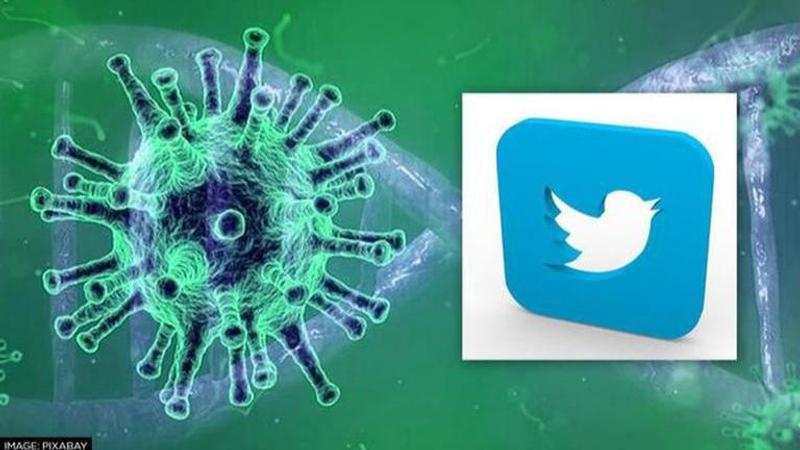Published 14:36 IST, February 15th 2022
Yale University researcher Akiko Iwasaki conducts social media study to detect long COVID
According to Iwasaki, it is very important to interact with patients on a real-time basis & Twitter has been a very helpful source of information for the team.

Since the COVID-19 pandemic emerged nearly two years ago, thousands of studies have been published revealing how lethal the virus is. These studies meant to detect the virus and its variants have mostly been performed in laboratories. However, taking a different path, a research scientist recently utilised social media to perform a study, according to a report published by Yale Daily News, one of the oldest college daily newspapers in the United States. Akiko Iwasaki, a professor of Immunobiology and Molecular, Cellular and Developmental Biology at the Yale School of Medicine, is an avid social media user and has been very active on Twitter. Iwasaki said that she has 1,40,000 followers on Twitter, and that she has been using this platform to cover topics related to COVID, vaccine, and its side effects. She stated that her active use of the micro-blogging site led her to Survivor Corps, a Twitter support group for patients suffering from long COVID.
As per Yale Daily News, Iwasaki began to closely follow the group and came upon a poll on the Survivor Corps Facebook group, which showed that 40% of respondents had encountered an improvement in their long Coronavirus symptoms. The Yale School of Medicine professor said that the respondents were facing a range of side-effects; from insomnia and fatigue to memory loss after their first dose of the vaccine. This prompted the researcher to look further into the effects of the vaccine on long COVID patients. Currently, she has been working with Harlan Krumholz-- a Professor of medicine, epidemiology and public health at the Yale School of Medicine.
"The general design of the study is to track changes from before vaccination through the weeks afterwards and see if different responses associated with distinctive immune system signatures and evidence of residual virus that might lead to diagnostics and therapeutics," Yale Daily News quoted Krumholz as saying.
Akiko Iwasaki stressed the importance of Social Media in Research
According to Krumholz, they collect blood and saliva samples from patients infected with long COVID, before vaccination. Later, the team of scientists keeps a close eye on the patients for the next four to 12 weeks in order to monitor their health. Later, they collect the samples from the same patients. After examining the samples, Iwasaki and Krumholz interact with the respondents to examine their responses in real-time. “Twitter has been essential in our ability to learn quickly about long COVID, especially from the patients’ perspective,” Iwasaki said. “We collaborated with Patient-Led and Survivor Corps to think through and design the symptom surveys. I also learnt about the impact of vaccination on long COVID through tweets from patients.”
According to Iwasaki, it is very important to interact with patients on a real-time basis and Twitter has been a very helpful source of information for the research team. She added that social media must be part of any such studies that need interaction with patients in order to make the research more accurate and practical.
Image: Pixabay
Updated 14:36 IST, February 15th 2022




